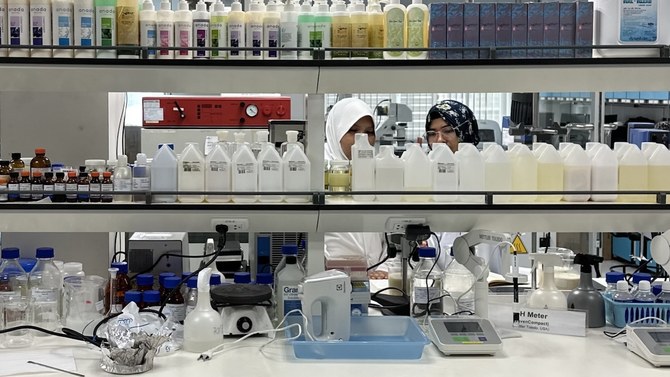Thailand’s
fairly large Muslim population means there is always a need for Halal
food. The Halal Science Center, a part of the Bangkok’s Chulalongkorn
University, has been in existence since 1994.
With
a vision to be a world leader in Halal science, the Center aims to
develop Halal science as a discipline and undertake research and
academic services to promote the quality of life. At the same time it
aims safeguard the faith of Muslim communities worldwide.
The
goals of The Halal Science Center are manifold. It applies science and
technology to support religious requirements and spiritual safety for
consumer protection. It performs research and development of analytical
techniques and products in the area of Halal science, draws up lists of
Haram and Halal raw materials and chemical ingredients and as provides
information and knowledge to consumers and manufactures, through media
and the Internet.
Spread
over 500sqm on the Chulalongkorn campus, the Halal Science Center is
equipped with advanced scientific equipment. It also has its share of
highly-qualified scientists. The laboratory can check fatty acids
profiles in animal parts, animal and plant proteins and DNA, alcohol
and identify Haram products.
The
use of the laboratory to check for Haram content in Halal foods was
initiated as a measure to protect the Muslim consumer since 1996.
Non-Muslims have also gained from the Center’s work.
It
has trained and educated consumers and manufacturers in Bangkok,
Pattani, Yala, Narawithas, Samutprakarn, Satun, Krabi and Phuket. The
Center has implemented the Hygiene, Assurance, Liability and Quality
System (HAL-Q) for food manufacturers since 2003. HAL-Q is a system
which integrates Halal food qualities with international food safety
measures.



